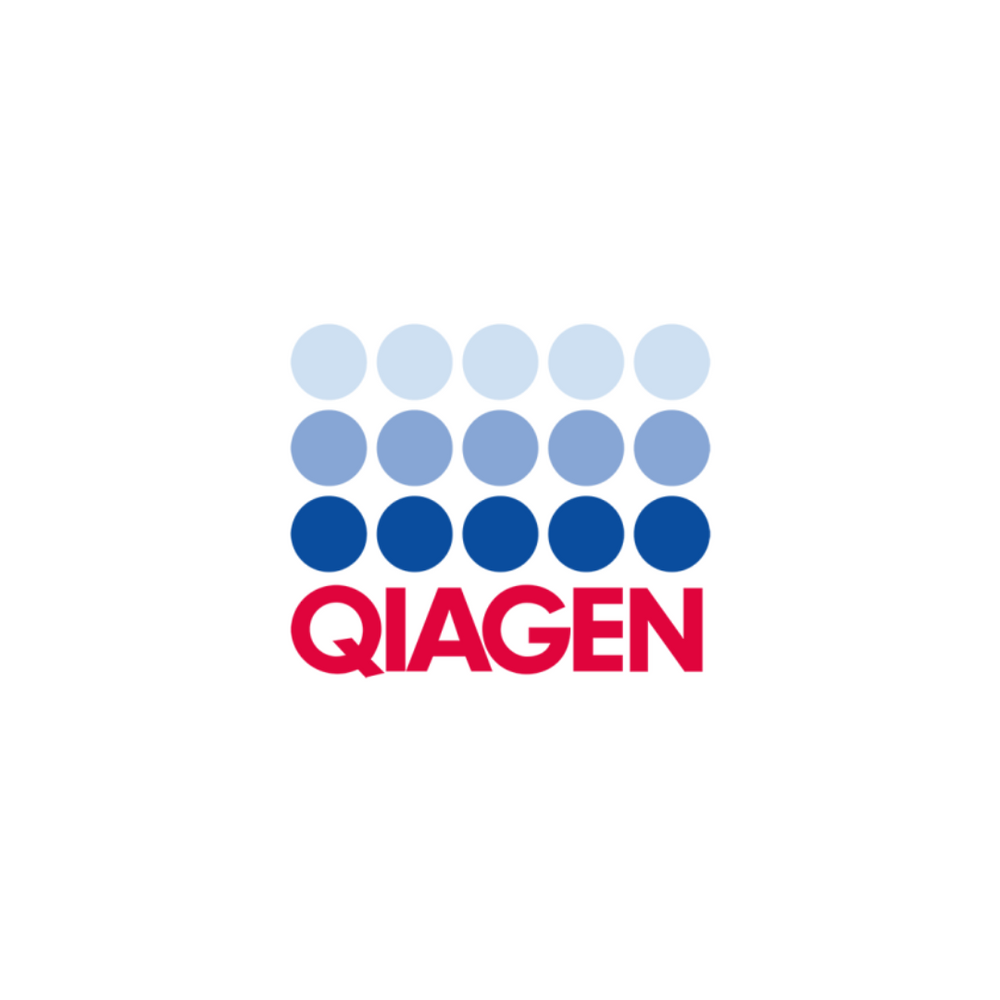
CUT&Tag-IT™ Assay Kit
Cleavage Under Targets and Tagmentation (CUT&Tag) is a method to investigate genomic localization of histone modifications and some transcription factors that reveals interactions between proteins and DNA or identifies DNA binding sites for proteins of interest.
Unlike MNase-Seq or ATAC-Seq methods that target open chromatin and are therefore dependent on chromatin accessibility, CUT&Tag utilizes an antibody-based enzyme tethering strategy to target specific histone modifications or proteins to reveal chromatin-binding information that is specific to those sites or proteins of interest.
CUT&Tag-IT™ Assay Kit Advantages:
Compatible with as few as 5,000 cells
Complete kit with optimized protocol
Developed for histone marks and some transcription factors
Sequencing-ready libraries without the laborious and costly steps of ChIP-Seq
Low background signal enables lower sequencing depth
No artifacts caused by formaldehyde crosslinkingCUT&Tag-IT™ Assay Kit Advantages:
Compatible with as few as 5,000 cells
Complete kit with optimized protocol
Developed for histone marks and some transcription factors
Sequencing-ready libraries without the laborious and costly steps of ChIP-Seq
Low background signal enables lower sequencing depth
No artifacts caused by formaldehyde crosslinkingCUT&Tag is based on the same principles as ChIP-Seq, but with several changes to the protocol that are advantageous in certain situations. Instead of the sonication of fixed chromatin and immunoprecipitation steps performed in ChIP-Seq protocols, in CUT&Tag, fresh (not frozen) unfixed cells are bound to concanavalin A beads and the antibody incubation is performed with cells in their native state. Directly following antibody binding, the chromatin is digested and NGS libraries are prepared in a single step by tagmentation using the protein A-Tn5 (pA-Tn5) transposome enzyme that has been pre-loaded with sequencing adapters.
CUT&Tag can rapidly produce high-quality results from less starting material than ChIP-Seq, and enables robust analysis from lower sequencing depths, saving both time and money.


